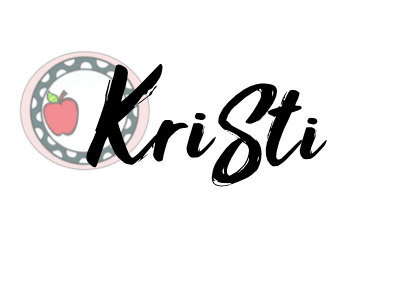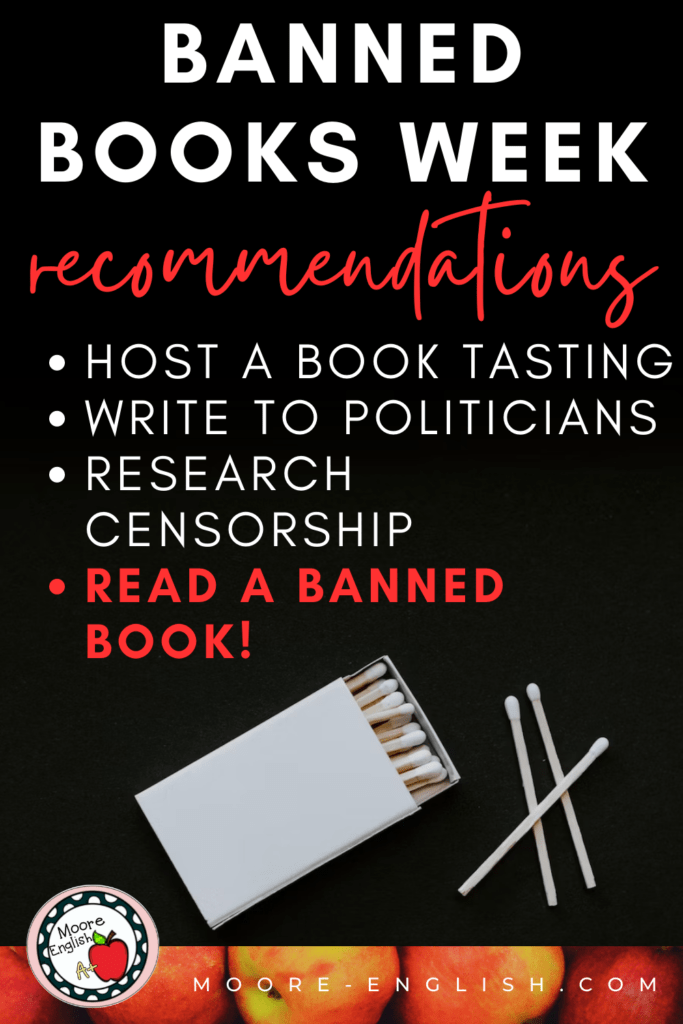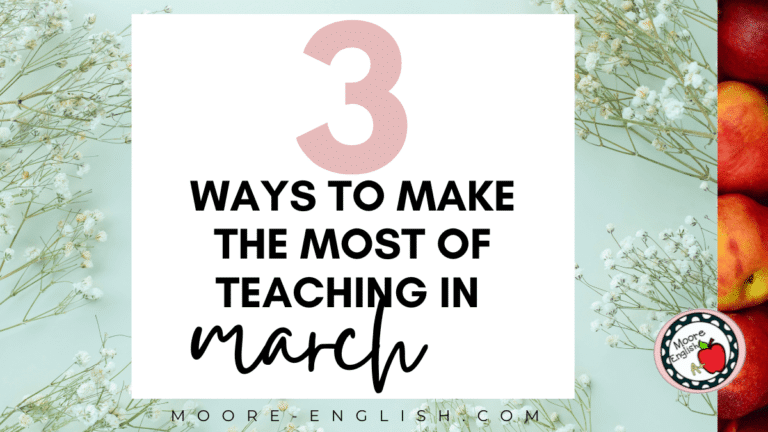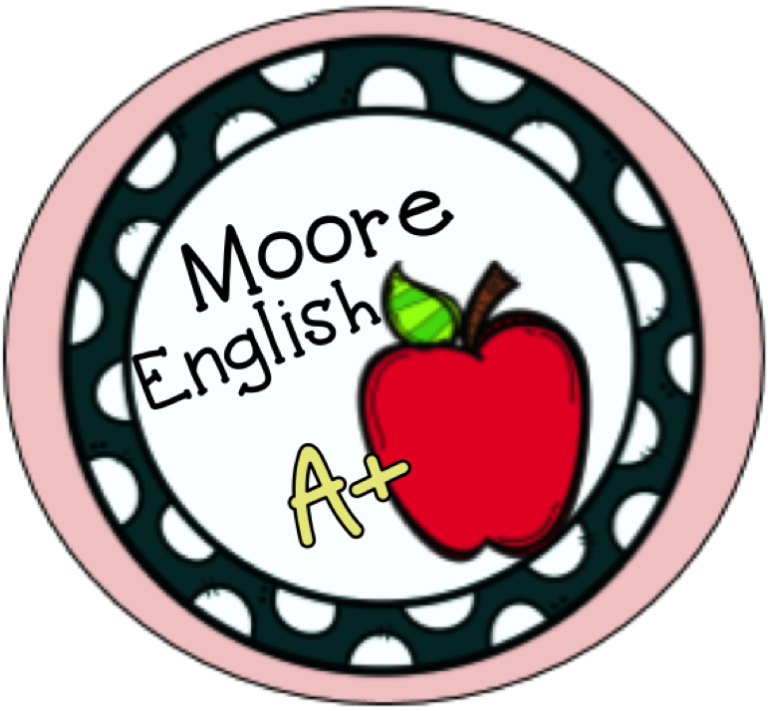PEN America has a map that tracks school book bans by state. On the map, Texas, the state with the highest number of book bans, appears in a red so deep it is almost brown. Texas is followed by Flordia, Tennessee, and Pennsylvania in varying shades of red and dark orange. Then, 6 states appear in orange. I live in one of those states, so Banned Books Week is highlighted on my classroom calendar.
Unsurprisingly, books banned in schools often feature LGBTQIA+ characters and People of Color. They feature racism, activism, civil rights, sexual content, or religious minorities. Book bans come from places of fear, hatred, concern, anger, fragility, and prejudice. These are the very emotions that reading fights. Reading literature teaches compassion, empathy, and curiosity. Literature provides us with a safe space to explore new worlds, take on unfamiliar perspectives, and try out new beliefs–all from the safety of the couch! Reading is a low-cost way to travel, grow, reflect, and improve.
And since book bans threaten schools across the country, it’s important that teachers and schools celebrate Banned Books Week. So this week I want to share some of my favorite ideas and book recommendations.
This post this post may contain affiliate links. Please read the Terms of Use.
Kicking off Banned Books Week
Your Banned Books Week celebrations do not have to be elaborate and over the top. Chances are your school librarians already have something planned, so it’s easy to join or support their plans. Here are some ideas to get in the spirit:
- Host a book tasting or First Chapter Friday focused on banned books! This might also be a fun time to bring food into the language arts classroom.
- Encourage students to practice their research skills by investigating censorship in your state. The American Library Association is the perfect place to start!
- Practice persuasive writing skills by sending letters to community leaders. Use these easy rubrics to help guide students!
- Read “Burning a Book” by William Stafford with your students. This is a short, engaging, and relevant poem, so teachers can attack standards while discussing censorship. Read it here.
Classic Book Recommendations
Book bans are not limited to trendy bestsellers. Sometimes they target classic literature. Check out these classic (and sometimes banned) books.
- Fahrenheit 451 by Ray Bradbury: the irony!
- The Handmaid’s Tale by Margaret Atwood
- The Things They Carried by Tim O’Brien
- Slaughterhouse-Five by Kurt Vonnegut
- The Bluest Eye by Toni Morrison
- Invisible Man by Ralph Ellison
Banned Books About Race
The Hate U Give is a perennial favorite in my classroom. But its outspoken Black characters, focus on activism, and social justice perspective make it a target for book bans. Check out some similar titles also banned for their frank depiction of race and racism:
- Monster by Walter Dean Myers
- Brown Girl Dreaming by Jacqueline Woodson
- Between the World and Me by Ta-Nehisi Coates
- All American Boys by Jason Reynold and Brendan Kiely
Young Adult Titles for Banned Book Week
The parochial idea that we have to shelter students leads to young adult books being banned frequently. Some of my students’ favorite books have been banned or challenged. But reading is a low-stress way to expose students to new ideas. Without free thinking, we run the risk of repeating past injustices. Exploring these titles can help readers confront unfortunate realities, difficult conversations, and adolescent struggles without much cost, stress, or personal risk.
- Two Boys Kissing by David Levithan: I adored Levithan’s writing when I was in high school.
- Out of the Easy by Ruta Sepetys: my students love basically anything Sepetys writes
- Crank by Ellen Hopkins: PEN lists Hopkins as the most-banned author!
- Simon vs. the Homo Sapiens Agenda by Becky Albertalli
- The Perks of Being a Wallflower by Stephen Chbosky
- The Chocolate War by Robert Cormier
- Speak Laurie Halse Anderson
- Persepolis by Marjane Satrapi
Even though we celebrate Banned Books Week, schools will run into book bans and challenges. When that happens, consider these responses to literature protests.













